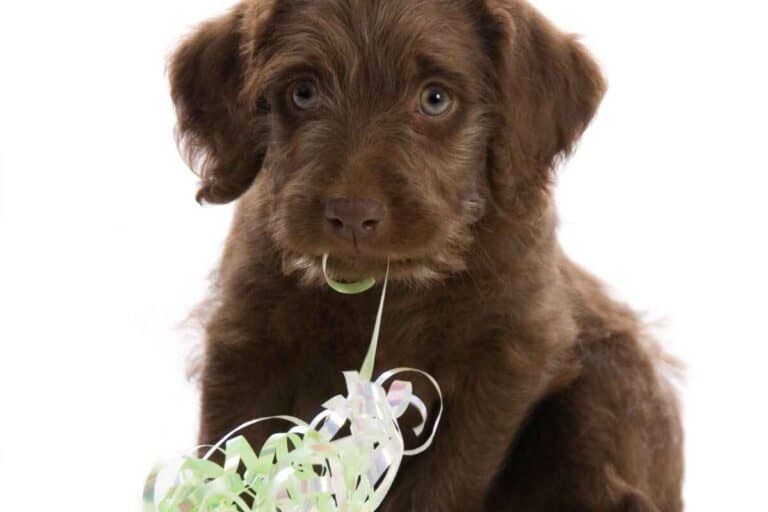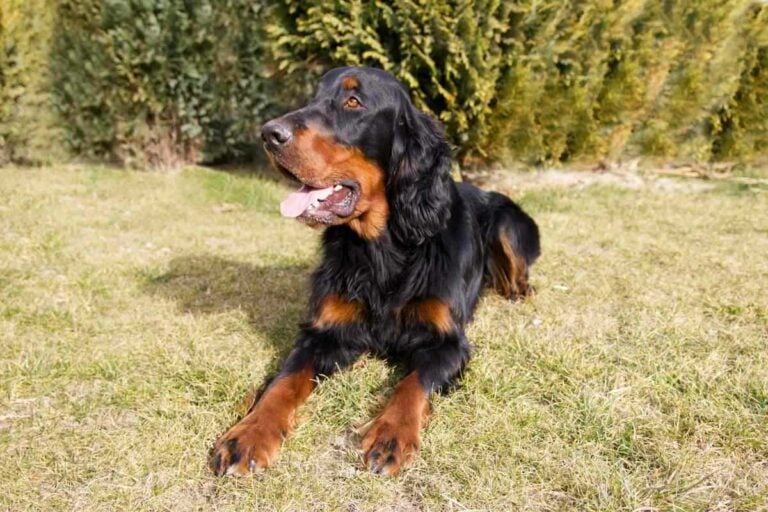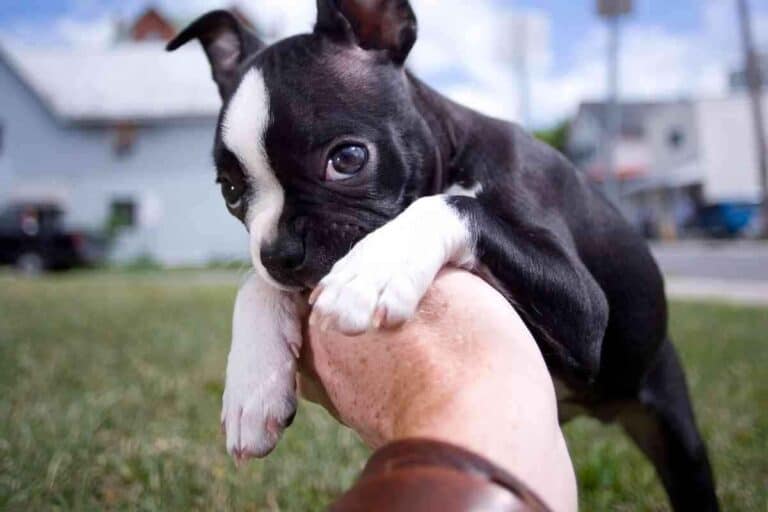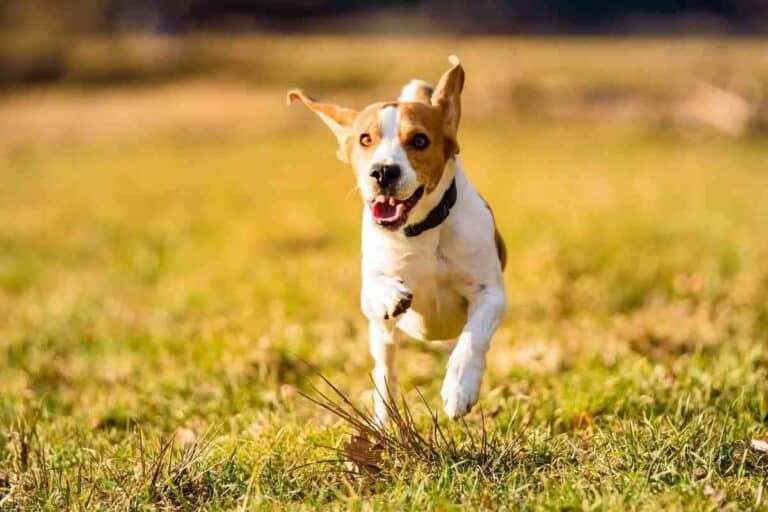How Big Do Boston Terriers Get?
Boston Terriers are one of those breeds that can be difficult to picture in your head size-wise.
They look very much like the diminutive Frenchie as well as the leggy Boxer.
Are they just somewhere in the middle? How big do Boston Terriers get?
How Big Do Boston Terriers Get?
Boston Terriers are a small-sized dog breed. They can reach up to approximately twenty-five pounds but be as small as eleven or twelve pounds. The height of the Boston Terrier, which is measured to their withers, is a maximum of seventeen inches, but they can be as small in height as fifteen inches to the withers.
It is important to note that no two dogs are exactly alike, and all dogs will vary in weight and height.
Females, dogs with pre-existing health issues, and dogs of inferior breeding will be smaller than the above-listed average.
The numbers listed above are considered the standard for this breed, but they can be smaller or slightly bigger when not show-quality dogs.
Breeders who breed Boston Terriers that are not going to be shown in the ring can be heavier in weight and slightly smaller to the wither or any number of variances.
Every dog is unique, and each will have its own special physical attributes regarding height and weight.
If your Boston Terrier doesn’t fit into that guideline, it doesn’t mean that the Boston Terrier is less healthy or inferior in any way.
While that is the guideline set forth by the American Kennel Club, it does take time for them to get to this size which usually happens when they reach adulthood around ten to fifteen months of age.
What should I feed my Boston Terrier to ensure they grow healthy?
What you should feed your Boston Terrier to ensure they grow healthy is a diet recommended by their veterinarian.
Each dog will have different needs if they have health issues or need extra nutrition to compensate for slow growth.
The focus of your Boston Terrier puppy or dogs’ diet should consist of plenty of protein; their veterinarian will determine the amount.
They should eat enough nutrition in one day to factor in their energetic personality and the need for extra nutrition on certain days.
If they seem extra hungry one day, giving them more dog food and a few extra treats will benefit your Boston Terrier in the long run when it comes to health as long as they don’t appear obese.
Generally speaking, dog food should contain mostly protein, and it should be the first or first few ingredients on the list.
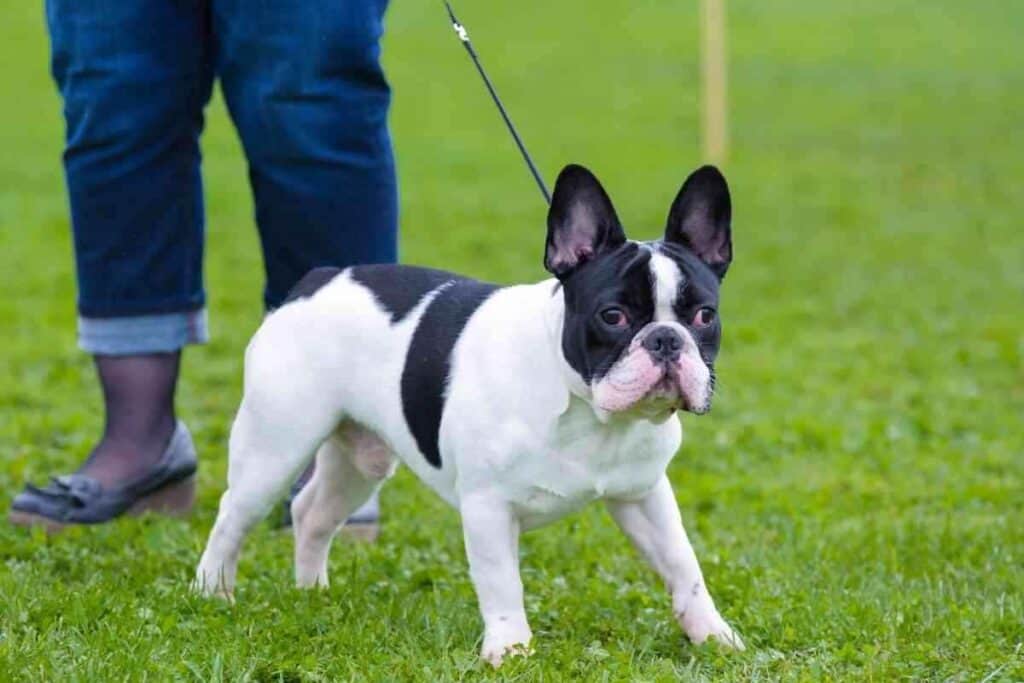
The dog food for your Boston Terrier should also be free of additives, preservatives, or any fillers that will take away from the nutritional value of the dog food.
Of course, buying the highest quality dog food is the most important, but that doesn’t mean that you have to spend lots of money on that dog food as some priced brands are better than more expensive.
If making dog food is your thing, you should know that a Boston Terrier can suffer from tummy troubles and have delicate stomachs.
For this reason, you will need to focus on allergies or sensitivities they may have to certain foods when making your own dog food for your fur baby.
If at any time your Boston Terrier seems to be losing weight or not thriving on any diet or dog food, you will want to consult their veterinarian.
They can suffer from health problems related to their digestive system and diet, and Undiagnosed allergies and sensitivities may be the cause.
Whatever you do for your Boston Terrier, make sure whatever food they eat is consistent with keeping them healthy and growing strong to their full potential.
Please don’t feed them homemade dog food for a week and then suddenly switch up to high-end store-bought dog food.
Their digestive system will not like that very much.
Quick changes in what a Boston Terrier is being fed can make them feel unwell and cause digestive issues.
This issue can also through off the balance of their body and health if continued.
Once my Boston Terrier is an adult, how do I maintain their size, so they are not overweight?
Once your Boston Terrier is an adult, the best way to maintain their size so they are not overweight is to feed them a consistent diet.
This consistent diet will include not feeding them too many treats, whether human or dog treats.
Be consistent in how much food they eat in a day; they may need more some days when they are especially active but don’t go overboard.
Most importantly, don’t feed your Boston Terrier inferior dog foods containing fillers and additives that offer no nutritional value or health benefits.
Lastly, you will want to ensure they are getting a good amount of exercise that fits their breed and personality.
This will mean the Boston Terrier should get at least thirty to forty-five minutes per day unless they have existing health issues that discourage that.
If your Boston Terrier has already packed on a few extra pounds, adding a couple more minutes to that in a day and breaking it up throughout the day can help them shed those extra pounds.
On top of that, you will want to discourage additional food and treats at this time until they have lost a few pounds.
Of course, before you begin this weight loss with your dog, you will want to consult their veterinarian beforehand to ensure they are healthy and it is safe to do.
In Conclusion
How big a Boston Terrier gets is based on their breed background and who they are as a dog.
While there are guidelines set forth by the American Kennel Club, not all dogs will fit that standard.
The standard is set for show dogs intended to go into the show ring.
Other Boston Terriers may be slightly smaller, bigger, or a mix of various heights and weights.
As long as they are healthy, nothing is wrong with a Boston Terrier’s weight falling outside that guide. Not everyone is the same, as it should be in life.
The sooner you embrace your Boston Terrier for who they are; you will find great happiness together!


